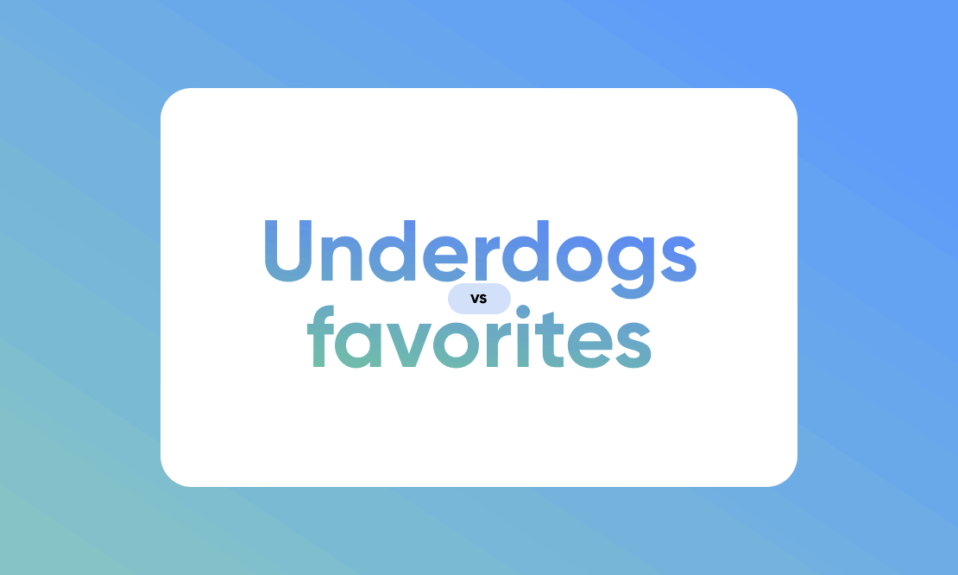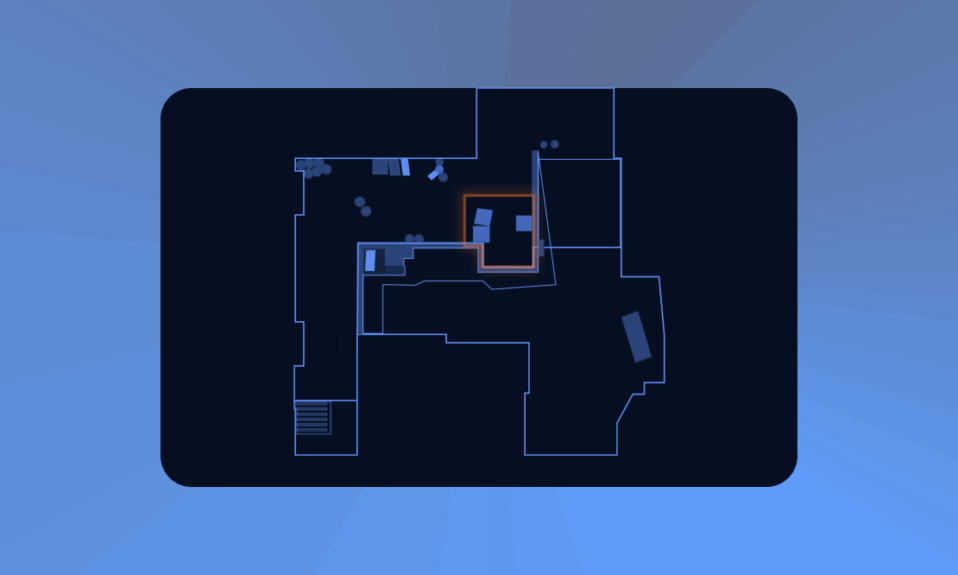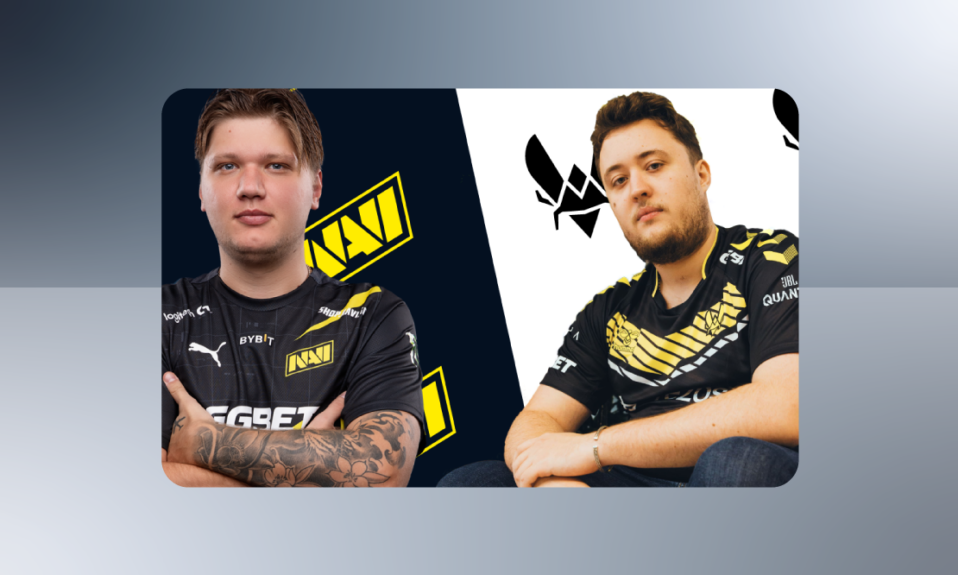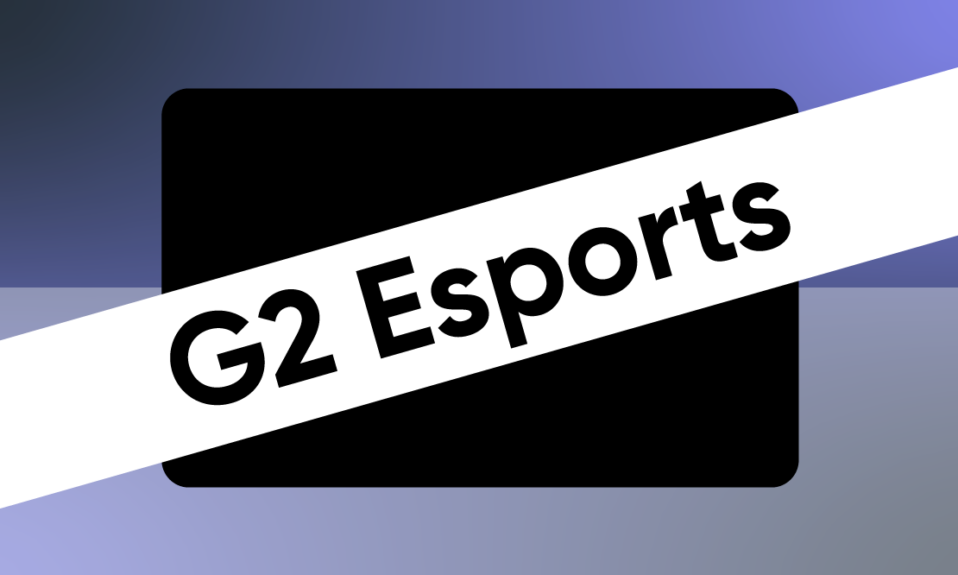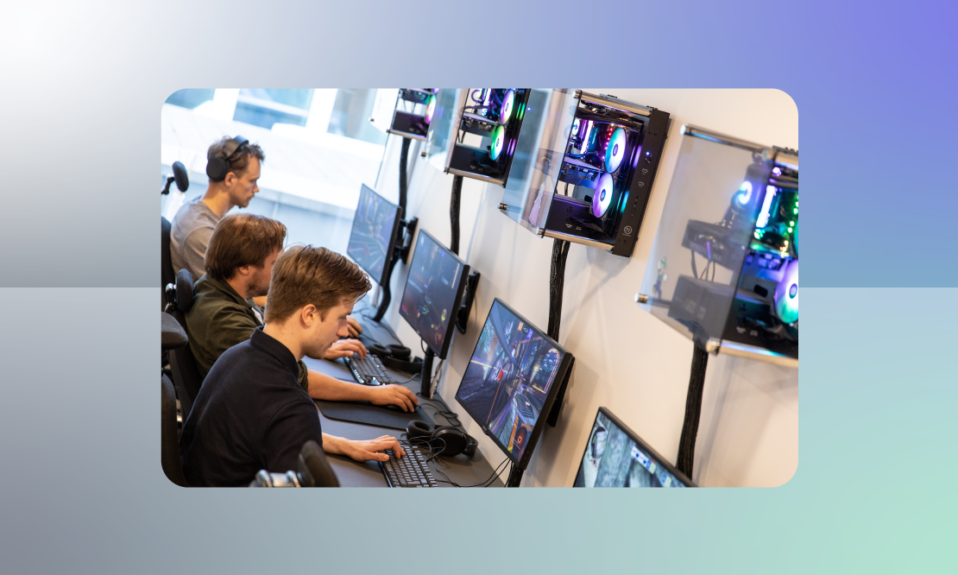
Esports has something that traditional sports don’t that helps it continuously evolve and keeps people fixated on matches: Metas.
Unlike traditional sports — which have had the same overall strategy for hundreds of years — new characters, maps, and updates change esports titles’ best strategies and playstyle month after month. This balances the game and keeps players on their feet — learning new characters and practising new strategies.
Games like VALORANT, Overwatch 2, League of Legends, and Fortnite are constantly evolving. That’s because developers continue to add new characters, update old ones, revamp or add maps, and even change the mechanics and movements. New content as well as balancing existing content continues to change how top players approach these titles.
What’s a Meta in Esports Titles?
Meta is short for “metagame.” This is often the most effective way to reach the goal of a game, whether it’s planting a Spike, capturing a point, or moving a payload across a map. What is the best team composition and strategy to get this done (while also dealing with the other team)?
Game Patches and Meta Shifts
In competitive titles that have these kind of updates, the meta will often change every time a patch is dropped. A new character can shake up team compositions, forcing teams to have answers.
For example, when Pharah is meta in Overwatch 2 thanks to a buff or a common counter getting nerfed, the opposing team wants to have a hitscan hero on their team to shoot her out of the sky.
Another example is the new VALORANT map, Abyss. Players have found that Omen is the best option for this map due to his mobility while Viper is another strong choice (and counter) due to her map control options.
Competitive games are hoping an update schedule will keep the game healthy by avoiding the same team comps dominating over and over with no answers and by attempting to maintain player interest and avoid boredom. While these constant meta shifts do make games more interesting to watch and play, it also has raised a lot of questions about how it negatively impacts pro play.
Meta vs. Individual Skill: How Meta Drives Comp
There’s a never-ending debate over which game is harder: VALORANT or Counter-Strike 2. These are both shooters but CS2 has a larger focus on mechanical play while VALORANT has the addition of learning agent abilities and tactics. Both of these games are tough in different ways, which is why opinions keep changing in this debate.
One thing it does point out, however, is how meta impacts competitive play. CS2 players have a much more constant base game since new characters and abilities are not added and the maps are largely unchanged. This forces players to focus more on accuracy, strategy, and mind games with the other team.
Of course, this doesn’t mean the game is harder, per say. Over in VALORANT, players have to continue to learn new agent abilities, understand how it impacts gameplay, and adapt to ever-changing team compositions and playstyles. This is a different kind of challenge for pros that sometimes can be more mentally exhausting.
Over the years, we’ve seen constant meta changes negatively impact esports pros. It notoriously resulted in many top players in the Overwatch League to retire early. The ever-changing metas and heroes left many feeling bunt out. This also led to some of the best players in the OWL to be left out of matches since their chosen hero was no longer meta after team comps changed or their hero was nerfed.
Later on, when devs changed from 6v6 to 5v5 — removing a tank player from each team — dedicated tank players were even let go from esports orgs.
The bottom line is that selection-based esports games have “metas”, which alter the course of the games and keep the players on their toes. While they’re necessary for games to remain dynamic, it also needs to be taken into account when creating an esports product. Whether it be esports odds or a statistics page, meta changes can affect all aspects of gameplay, giving it a huge impact in predicting what happens in a game.
Do you want to learn more about esports?
Abios provides industry-leading esports data and technology for customers all over the globe. We provide data, odds and widgets products for popular esports titles including CS:GO, League of Legends, VALORANT and Dota 2.
Whether you want to build an esports platform, reach players or enrich your offering, we are here to help.
Contact us to learn more.

